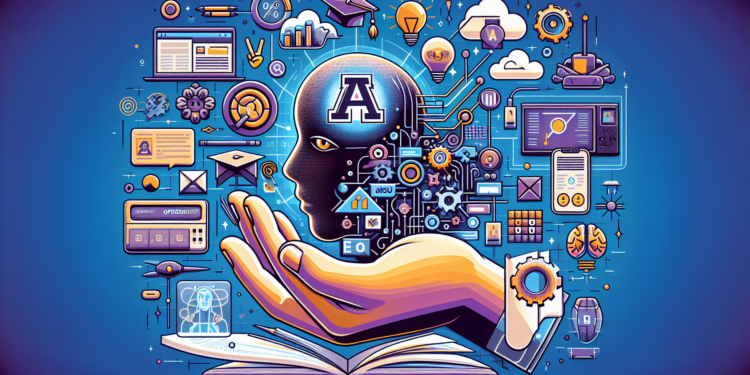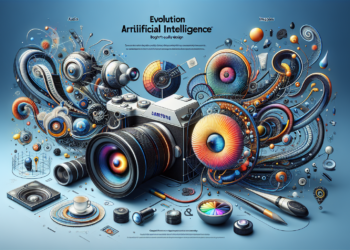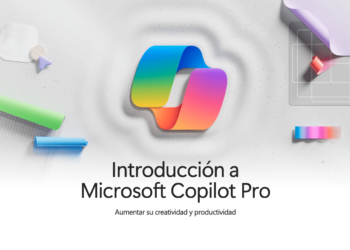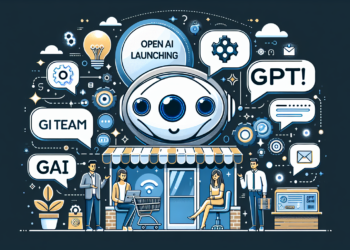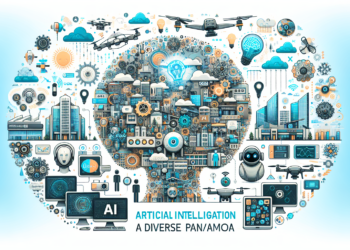In a significant step towards integrating artificial intelligence into the educational realm, Arizona State University (ASU) has announced a pioneering collaboration with OpenAI, the renowned AI research organization. This partnership focuses on implementing ChatGPT, an AI-driven chat tool, to enhance and transform learning experiences at the university.
Development:
- Context of the Collaboration:
- ASU, known for its innovative approach to higher education, continually seeks to incorporate emerging technologies to enrich teaching and learning.
- OpenAI, for its part, has been at the forefront of AI tool development, with ChatGPT being one of its most prominent creations.
- Goals of the Partnership:
- The collaboration aims primarily to leverage ChatGPT’s capabilities to create more interactive and personalized learning experiences.
- ChatGPT is expected to assist in tutoring students, provide adaptive learning resources, and offer automated administrative support.
- Implementation of ChatGPT at ASU:
- ChatGPT will be integrated into various educational and administrative platforms at ASU.
- The tool will be used to answer student queries, assist in research, and improve communication between students and faculty.
- Potential Educational Impact:
- The inclusion of ChatGPT is anticipated to significantly improve the accessibility and efficiency of educational resources.
- The tool could tailor learning to individual student needs, allowing for a more inclusive and equitable educational experience.
- Challenges and Ethical Considerations:
- The university and OpenAI will work together to address potential challenges, including data privacy and ethics in AI usage.
- Protocols will be established to ensure that AI is used responsibly and beneficially for the educational community.
Conclusion: The partnership between ASU and OpenAI represents a significant advancement at the intersection of education and artificial intelligence. With ChatGPT’s potential to personalize and enhance the learning process, this collaboration could mark a milestone in the way educational institutions utilize technology to enrich education. However, addressing the ethical and practical challenges will be essential to ensure that the benefits of this technology are accessible and equitable for all students.

